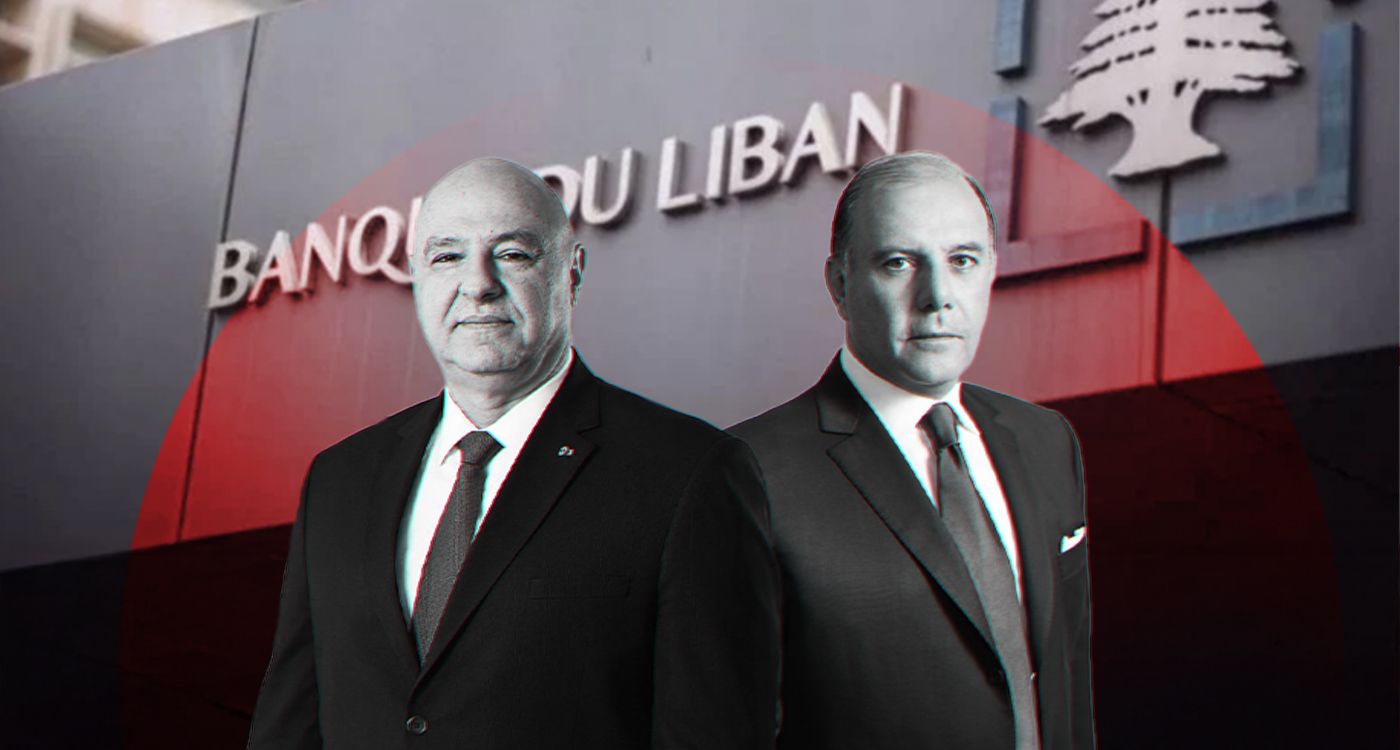
"The Central Bank of Lebanon (BDL) has a major responsibility in restoring confidence in the banking system."
Those were the words of the President of the Republic during his visit this Wednesday to the headquarters of the Central Bank.
The days when another President Aoun launched heavy-handed attacks on the institution—deepening the crisis Lebanon was already plunged into—now feel distant.
Joseph Aoun’s visit sends a clear message: renewed confidence in the pivotal role of the BDL, and support for its governor, Karim Souhaid, who seems determined to lead rather than remain a passive observer at this historic juncture for Lebanon’s financial future.
At a time when Parliament is preparing to legislate a framework law on banking sector restructuring, alongside a law on debt distribution, the new governor is stepping forward—ready to play the role of a capable decision-maker.
On Tuesday, he addressed the Parliament’s Finance Committee, arriving with a 33-page document. His message was unambiguous: hands off the independence of the BDL and its internal bodies.
Why such a strong stance? Because, had the governor been part of the legislative process, the banking secrecy law would likely have been more coherent—rather than riddled with flaws and risks. Instead, the law passed is retroactive over ten years: a legal time bomb that opens the door to political score-settling, targeted witch hunts, accelerated capital flight… and quite possibly an unprecedented move globally—retroactively criminalizing financial practices that, until now, were tolerated or even standard.
Since his unprecedented appointment via Cabinet vote, the new governor has been well aware of the resistance ahead—but he has chosen to take the helm nonetheless.
The President’s support arrives at a critical time—and is almost certainly no accident.
Those working behind the scenes to undermine the BDL may need to rethink their strategy. Souhaid, for his part, is asking hard questions, proposing real solutions, and demanding accountability. Exactly what some might attempt to portray as insubordination.
In an institutional landscape as battered as Lebanon’s, he stands as a rare symbol of coherence, responsibility, and firmness. That alone justifies the President’s support—or at the very least, the need to let him do his job.
Let him work. And keep a closer eye on those who fear what might happen if he succeeds.




Comments